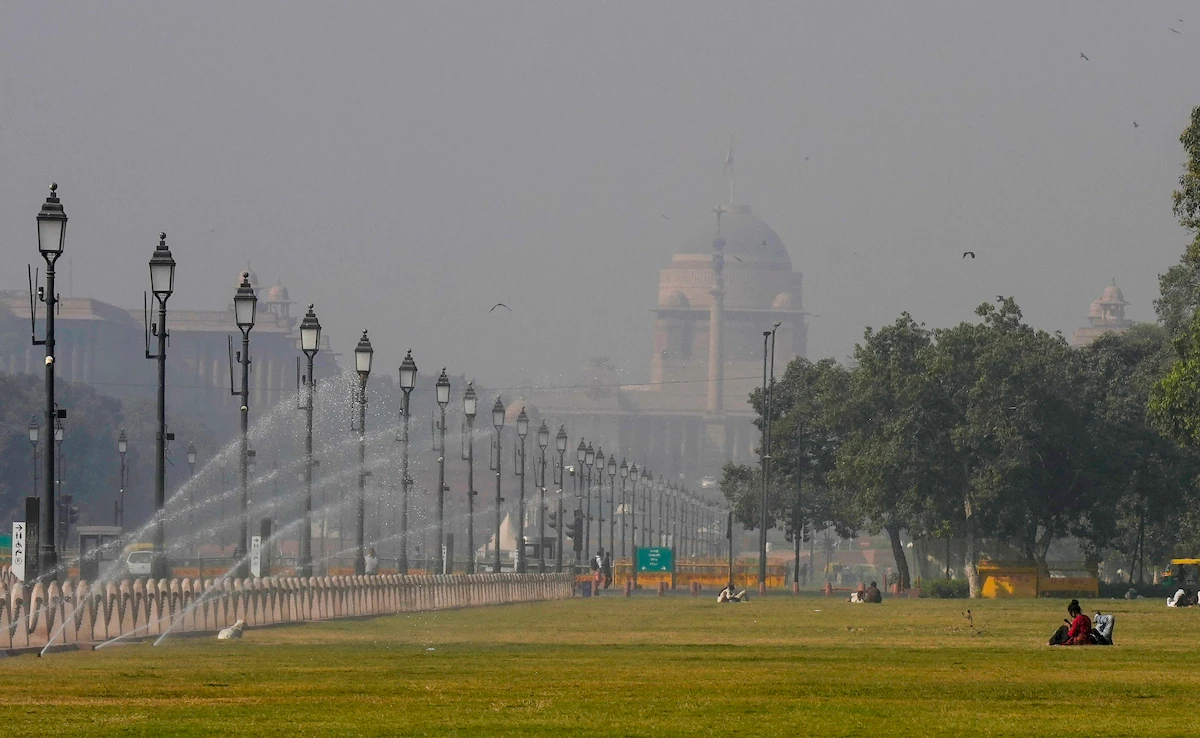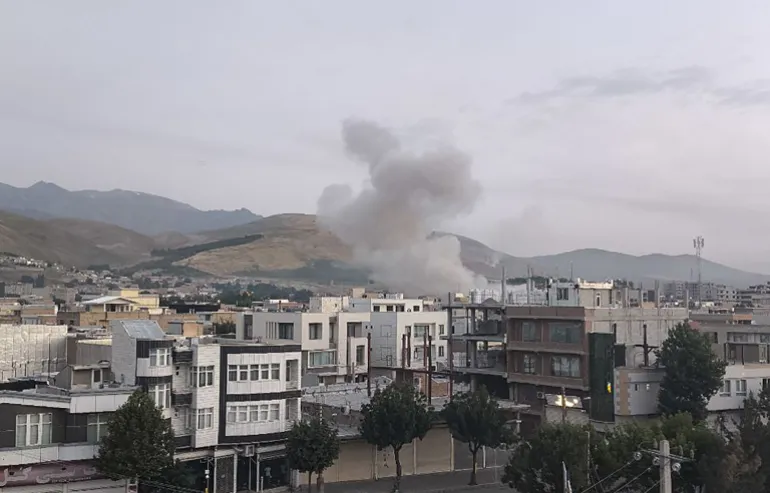- Courses
- GS Full Course 1 Year
- GS Full Course 2 Year
- GS Full Course 3 Year
- GS Full Course Till Selection
- Answer Alpha: Mains 2025 Mentorship
- MEP (Mains Enrichment Programme) Data, Facts
- Essay Target – 150+ Marks
- Online Program
- GS Recorded Course
- Polity
- Geography
- Economy
- Ancient, Medieval and Art & Culture AMAC
- Modern India, Post Independence & World History
- Environment
- Governance
- Science & Technology
- International Relations and Internal Security
- Disaster Management
- Ethics
- Current Affairs
- Indian Society and Social Issue
- NCERT- Science and Technology
- NCERT - Geography
- NCERT - Ancient History
- NCERT- World History
- CSAT
- 5 LAYERED ARJUNA Mentorship
- Public Administration Optional
- ABOUT US
- OUR TOPPERS
- TEST SERIES
- FREE STUDY MATERIAL
- VIDEOS
- CONTACT US
Centre to Revise Criteria for Classical Language Status
Centre to Revise Criteria for Classical Language Status
12-07-2024
Amidst the growing demand for many languages including Marathi, the Central Government has decided to change the criteria for granting classical language status to the languages.
- The Linguistics Expert Committee of the Union Culture Ministry has submitted a report suggesting changes in the criteria for according classical status to any language.
About Classical Language Status:
The current criteria evolved by the government to determine the declaration of a language as a classical language are:
- High Antiquity: The language should have high antiquity in its early texts/recorded history over a period of 1,500-2,000 years.
- Valuable Heritage: A body of ancient literature or texts that is considered a valuable heritage by generations of speakers.
- Original Literary Tradition: The literary tradition should be original and not borrowed from another speech community.
- Distinct Language and Literature: The language and literature should be distinct from its modern format; there may also be a discontinuity between the classical language and its later forms or its offshoots.
Benefits of Classical Language Status:
- International Awards: Two major annual international awards for scholars of eminence in the said languages.
- Centre of Excellence: A centre of excellence for studies in the classical language is set up.
- Professional Chairs: The University Grants Commission is requested to create a certain number of Professional Chairs in Central universities for the languages that get the classical tag.
Classical Languages in India:
Till date, six languages have been conferred the status of ‘Classical Language’ in India:
- Tamil: Declared in 2004
- Sanskrit: Declared in 2005
- Telugu: Declared in 2008
- Kannada: Declared in 2008
- Malayalam: Declared in 2013
- Odia: Declared in 2014
Demand for Marathi:
- The demand for classical language status for Marathi has been pending for over a decade.
- In 2014, the then Maharashtra Chief Minister Prithviraj Chavan constituted a committee comprising Marathi experts under the chairmanship of Prof. Ranganath Pathare, which submitted a report to the Centre.
- The Pathare committee concluded that Marathi fulfils all the parameters to be recognised as a classical language.
Political Significance:
- The upcoming Maharashtra Assembly election has renewed focus on the demand for classical language status for Marathi.
- The Shiv Sena-BJP government in Maharashtra has formed a "persuasion" committee to liaise and pursue the matter with Central government officials.
- The Congress party has also raised the demand for classical language status for Marathi, with party general secretary Jairam Ramesh tweeting about the issue.
Implications:
- The revision of the criteria for classical language status may delay the decision on granting the special tag to languages like Marathi, Bengali, Assamese, and Maithili.
- The decision has implications for the promotion and development of languages, as well as the cultural and literary heritage of India.
- The move is seen as a significant step towards recognising the importance of languages in shaping India's cultural identity.
- The issue also has political implications, with the demand for classical language status being seen as a matter of pride for the people of Maharashtra.
Timeline
- 2014: The then Maharashtra Chief Minister Prithviraj Chavan constitutes a committee to explore the possibility of granting classical language status to Marathi.
- 2022: The Union Culture Minister G. Kishen Reddy informs Parliament that the proposal for classical status to Marathi is under active consideration of the Ministry of Culture.
- 2023: The Linguistics Expert Committee submits a report suggesting changes in the criteria for according classical status to any language.
This revision is a significant step towards recognizing the cultural and historical significance of languages in India and may pave the way for more languages to gain classical status in the future.



